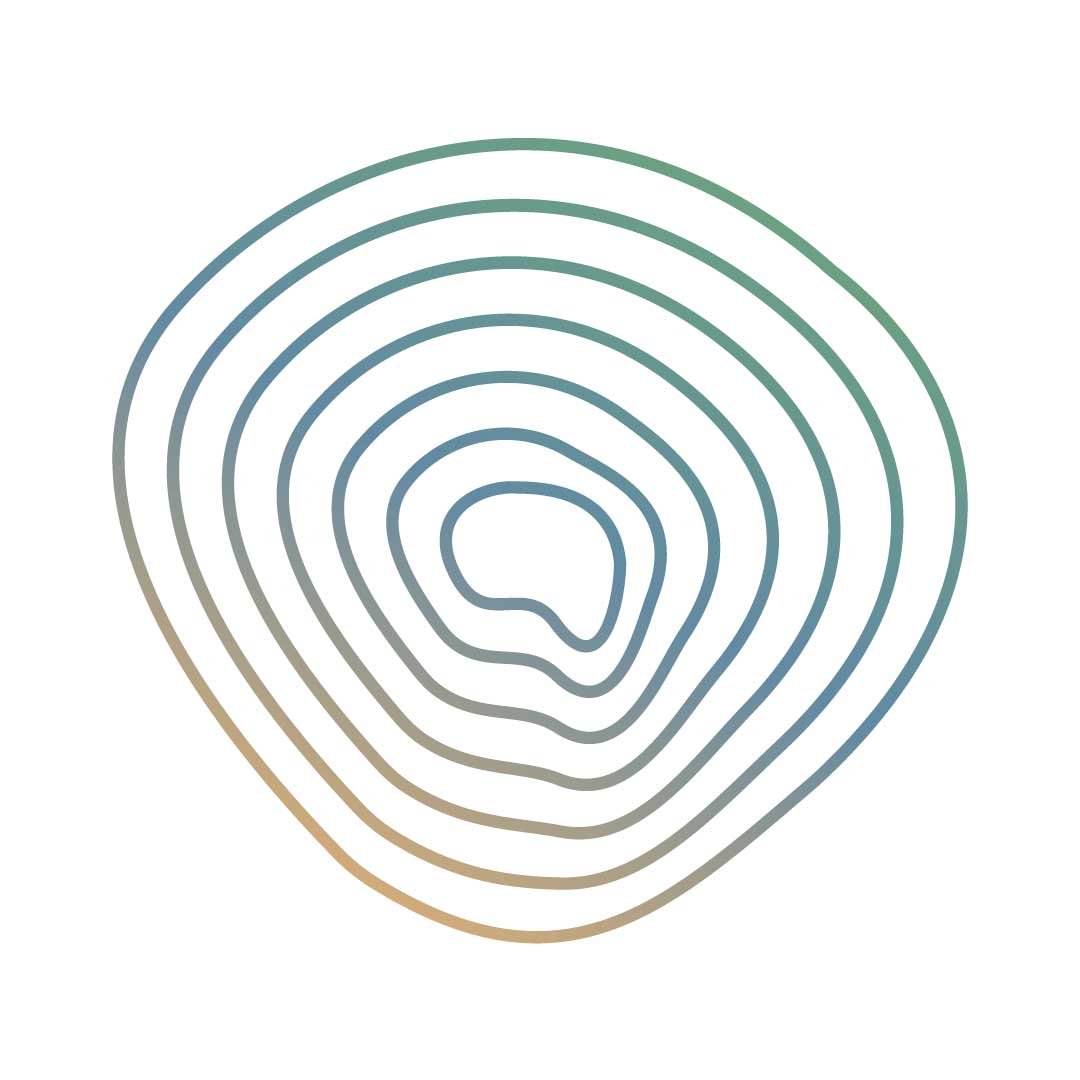What's Best
You've probably been taught to master your destiny. Create your best life. Have the things you want to have.
This is called materialism and the overriding assumption in this education (that is overwhelmingly left unchecked) is that you know what's best for you.
Do you?
Of course you want more money. To look better. To have an amazing partner. To achieve notoriety, and so on.
We are taught these things and those like them are valuable in and of themselves. We are taught to pursue them. And we are taught that something is wrong (with us) if we do not achieve them.
Based on these beliefs and conditioning, we slip into our personal sense of self, where the "I" is born. We become independent and solid—in control. Or, so we think.
We start envisioning what will make us happy and we start working towards realising it.
But do we really know what will make us happy and what is best for us?
Can you be sure more money, the right partner, the right job, etc. is right for you? Can you be sure that whatever you say is missing from your life will fundamentally improve your experience of it?
Relativity teaches us to be mindful from attaching to either of the poles. You find bad in good and good in bad. You find weakness in strength and strength in weakness. You find sickness in health and health in sickness. You find wealth in poverty and poverty in wealth.
And on and on.
In light of this joke, spirituality teaches us that it is possible — if not wise — to learn to be happy or OK now, despite all outward appearances and any and all thoughts that would have you believe something is missing from your life.
All you have to do is close your eyes, comfortably watch your breath, and let your restless mind settle.
Then you can ask the eternal question, "What in this moment is lacking?"
Nothing ever is and even if you honestly don't believe that, can you find the advantage in your disadvantage? It's there.
